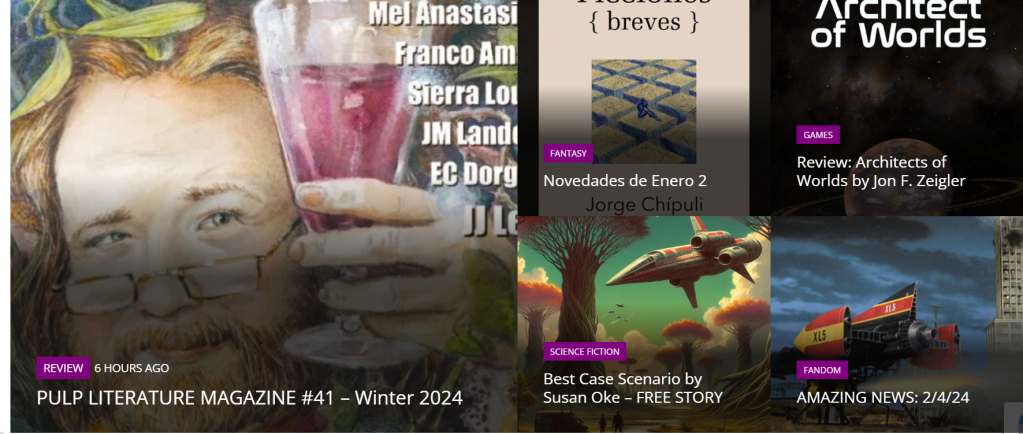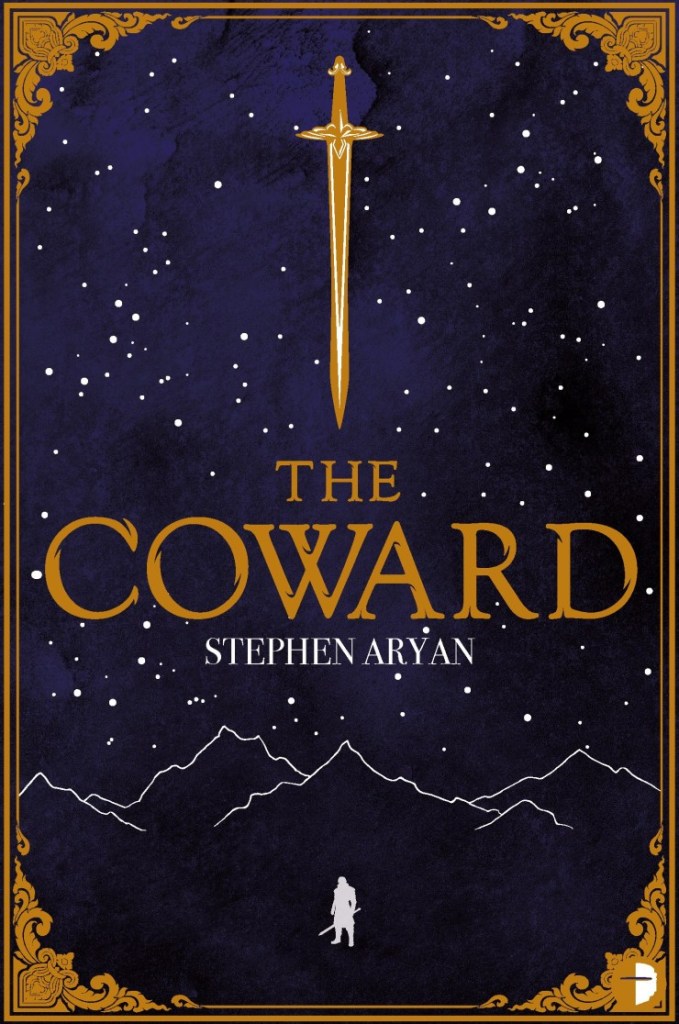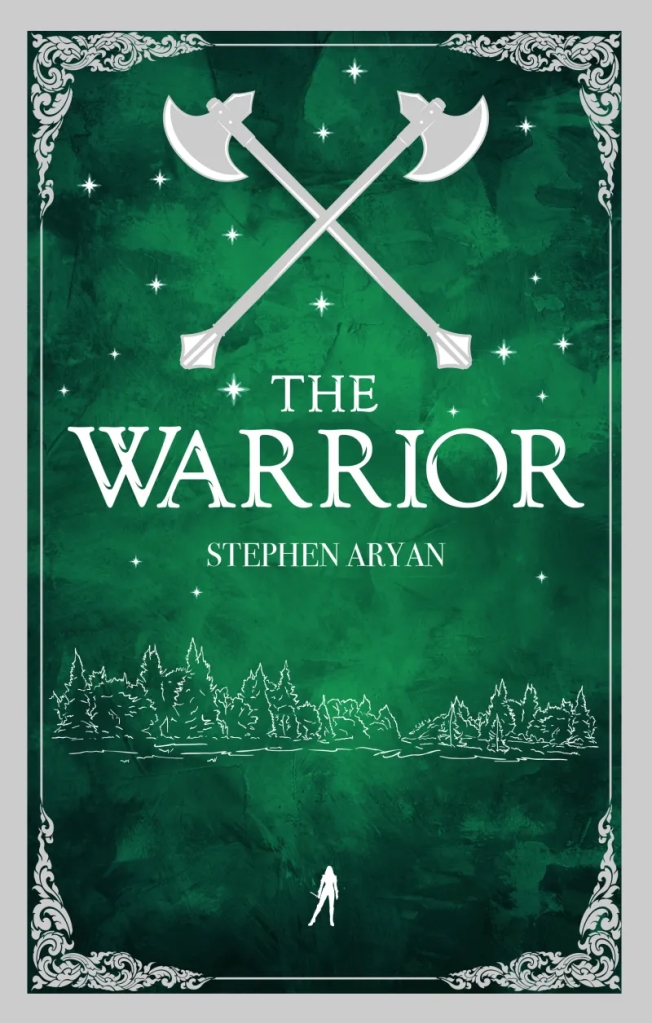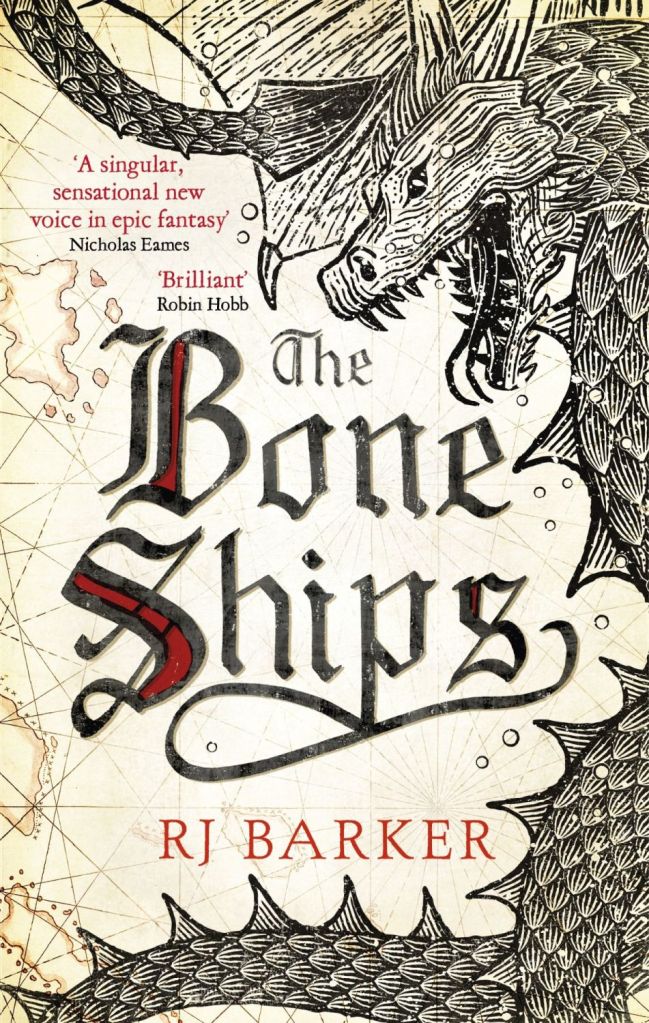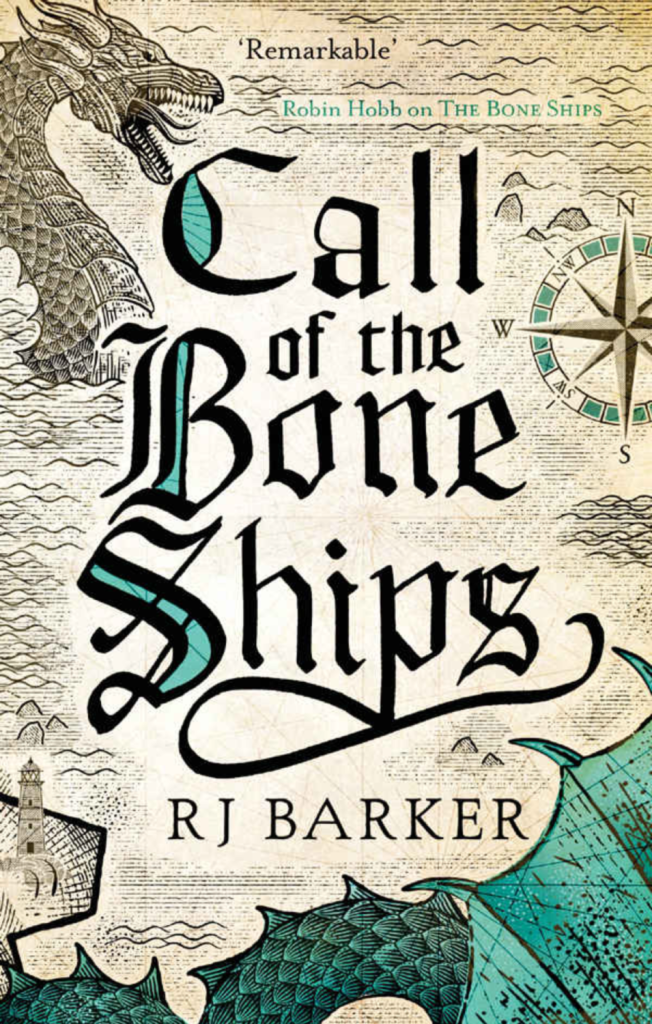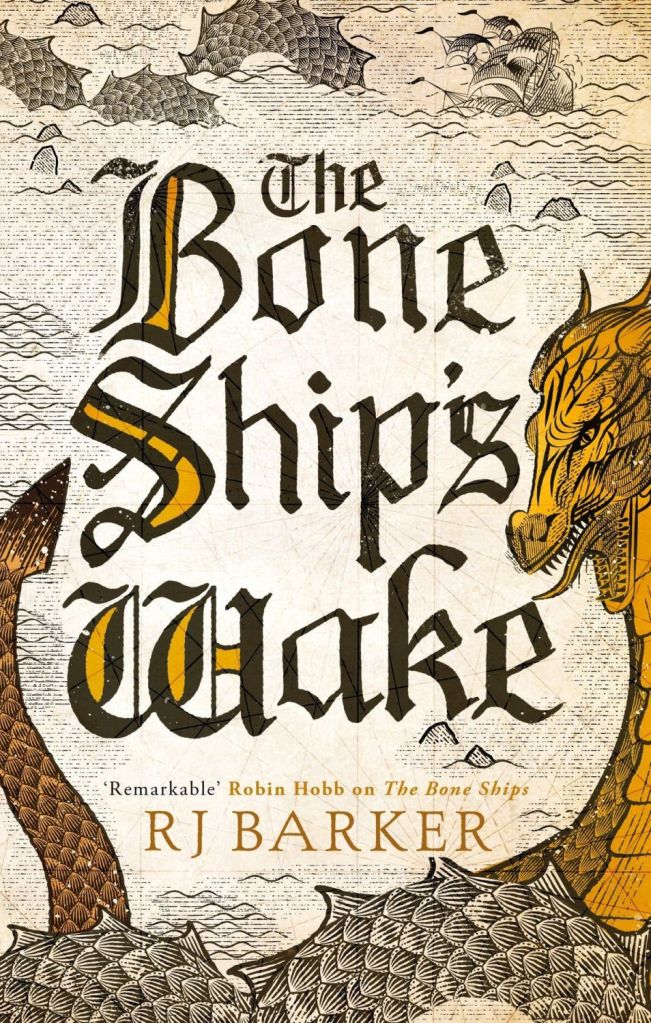Surprised, but also very, very happy! My short story ‘Best Case Scenario’ addresses some issues that are close to my heart. Glad that it resonated with readers.
science fiction
The Martian Wave – 2024
I’m very happy to announce that my short story, ‘Finders Keepers’ has been published in this year’s edition of The Martian Wave by Hiraeth Publishing. This is a story of exploitation and the bravery of the few who stand up for what is right. It is set in the same universe as my SF books and explores the pivotal moment in history when the planet Ghyllach and its valuable crystal resources are first discovered by the Calestis Coalition of planets. The profiteering mining consortium soon discover they have bitten off more than they can chew!
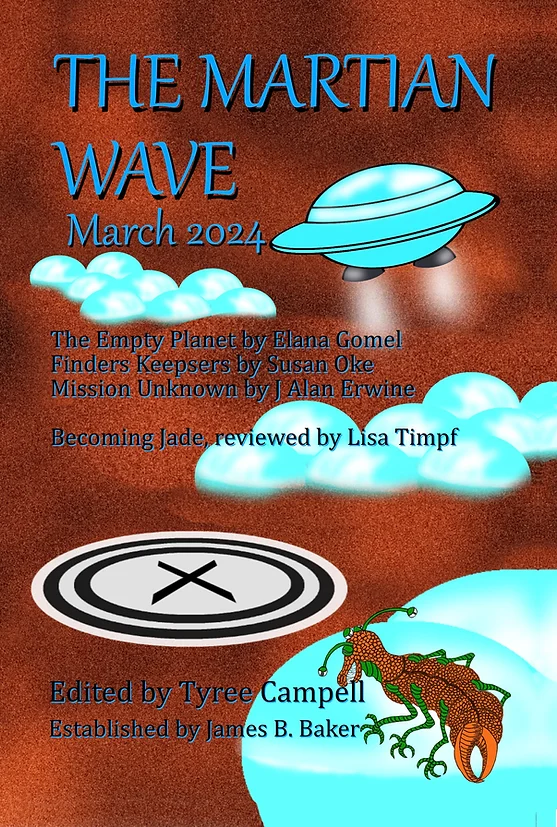
Second Hand Skin
This short story was inspired by a ‘What if…?’ that has rattled around in the back of my mind for years. What if the clothes you were wearing turned into your skin? What effect would that have on individuals, families, communities? Would the world become a more inclusive place given that everyone had their own unique look, their own unique biology? No more cliques, niches, bolt-holes? Or would we find a whole new way to divide and discriminate?
I took my initial draft to the Milford Speculative fiction group, whose members provided a wealth of advice. Rewrites went around my other writing groups until I finally settled on a form that I thought best suited the story. ‘Second Hand Skin’ was recently published online in The Chamber Magazine. You can read the story here.
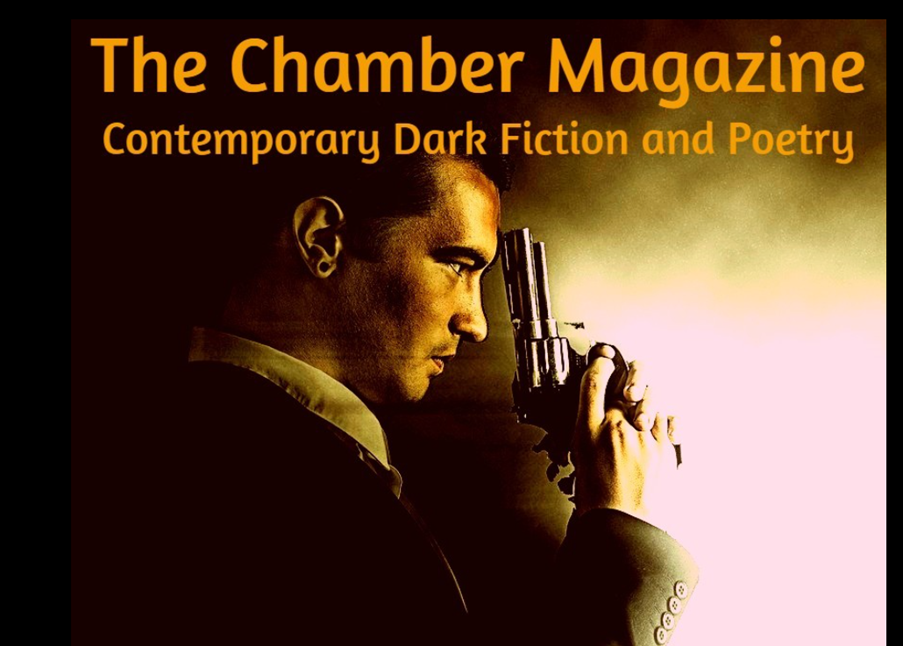

HUMBER SPECULATIVE FICTION NIGHT
I was back at the King’s Head in Beverly for the latest Humber SF event. The evening featured two wonderful authors: Sunyi Dean and Daniel Godfrey, who provided entertaining readings from their latest novels, talked about their writing practice and answered lots of questions from the audience.
Sunyi’s said she wanted to celebrate the north of England and so set her book, The Book Eaters, in Yorkshire. Promoted as ‘gothic fantasy horror’ this is a story of ‘escape, a mother’s savage devotion and a queer love.’ This book contains two timelines, one in the present day and the other having a definite Victorian feel to it—inspired by Sunyi’s love of the work of the Bronte sisters. With a smile, Sunyi told the audience that her editor said her book was ‘fantasy for people who hate fantasy’—those in the audience who had read the book were keen to disagree—they loved it! This is Sunyi’s debut novel and it’s clearly a winner. When asked about the process of finding a publisher, she did comment that there is an industry shift away from ‘series’ and towards stand-alone books or duologies.
Daniel’s book, The Calculations of Rational Men, is set in the 1960’s, following an alternate history where the UK is subjected to a nuclear attack. Five hundred prisoners are trapped underground awaiting the ‘all clear’. Those that had read the book were impressed by the clear 1960’s level of awareness of medical knowledge (the protagonist is a medical doctor imprisoned for murder) and the then understanding of nuclear weapons and the effects of radiation. Daniel used a 1960’s medical book as a reference and said he was lucky to find information on how nuclear shelters would have operated. He even went to have a look around a nuclear bunker in York. One audience member commented: it was amazing how much happened (in the book) given the limited space the men were trapped in.
A very entertaining evening with two more books added to my reading list!
Fantasycon 2022
The British Fantasy Society annual convention was held September 17th – 18th at the Raddison Red Hotel, Heathrow. Although a slightly curtailed version of the annual convention that we all know and love, it was still well worth the time, money and effort it took to get there. I arrived on Friday night (16th) so that I would be ready for the full onslaught of panels running through Saturday and Sunday morning.
There was a lot to choose from! I opted to start with ‘Portraying Families in SFFH’ as my own writing is family orientated. The panel discussed the fact that the expectations of readers are now more focused on the depth of familial relationships–they want to see internal conflict and have an opportunity to flex their empathy. While this is certainly true, not all satisfying family dynamics are centered around conflict. For example, the four Fallow sisters in Liz Williams’ Comet Weather provide a more cooperative model of family dynamics.
My next port of call was the panel on ‘Writing Humour’, ably moderated by Sandra Unerman. The panel discussed ‘ways to approach the arduous task of being funny’. It certainly is an arduous task for me. The panel was interesting, informative and, yes, genuinely funny. David Wragg, by his own admission, aims to be intentionally funny in his books; he made it clear that you need the implied consent of the reader and that you must ask yourself: are you making a good point? Dan Hanks emphasised the need for humorous banter to be organic (‘organic’ is a term that came up a lot during the panels); and Jen Williams discussed her challenges around removing humour from her latest crime novel. When is humour appropriate? A good question.
‘Character Development in Short Stories’ was interesting and a good refresher. In short stories, characters are the ‘glue’ that holds everything together. All panelists agreed that any physical descriptions of characters need to be short and must appear early in the story. ‘Love, Sex, Magic: Romance and Relationships in SFFH’ was entertaining in its own way and covered familiar ground around gender issues.
The Guest of Honour this year was Liz Williams, a prolific writer and stalwart of the annual Milford Speculative Fiction Writers’ Conference. I thoroughly enjoyed listening to her speak. Knowledgeable, insightful and overall deftly done.
The panels on ‘Religion in SFFH’ and ‘Mental Health in SFFH’ gave me plenty to think about in relation to my writing (and the writing of others). Religion is certainly a useful tool when it comes to world building and can be used to drive the plot forward. What I need to consider is how religion makes my characters think and how it influences their behaviour. And yes, when it comes to the depiction of mental health in SFFH, we really do need to do better. As pointed out by Tej Turner, a mental health issue could just as easily be a strength as a weakness. There was an interesting discussion on the need for trigger warnings in books–again, Tej suggested the use of links to the author’s website rather than include possible spoilers at the beginning of the book.
‘Writing Older Characters’ raised a number of interesting ideas. Firstly, the relationship between how old a character is compared to their natural lifespan, which can be very different in the SFF genres. There was an interesting discussion around the implications of older characters actually being immortal. The point was made that older characters already have their own story arc in motion (baggage, a complicated past) and are likely to have a different perspective on events. There are not as many tropes around older people, which may give a writer more freedom. While older characters can certainly learn new skills (e.g. technical skills), they can’t replicate the mindset of the young. I can’t remember which panelist quoted Oscar Wilde ‘I’m not young enough to know everything’. Terry Pratchett’s character, Nanny Ogg, was agreed to be everyone’s favourite older character. She gets my vote too!
I’m already looking forward to next year’s Fantasy Convention in Birmingham 🙂

GollanczFest16 is Coming!
Guess where I’m going to be in just a couple of short weeks? The GollaczFest, of course! I attended last year and it was a real treat.  The panel discussions were particularly interesting, with authors giving candid views on topical issues. I especially loved the way Gollancz used the event to promote its debut authors.
The panel discussions were particularly interesting, with authors giving candid views on topical issues. I especially loved the way Gollancz used the event to promote its debut authors.
This year I plan to split my time between the author panels and the events aimed specifically at upcoming writers. Have a look at the list of authors taking part. It’s going to be so much fun!
